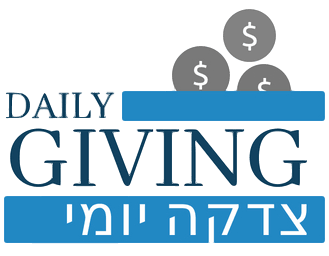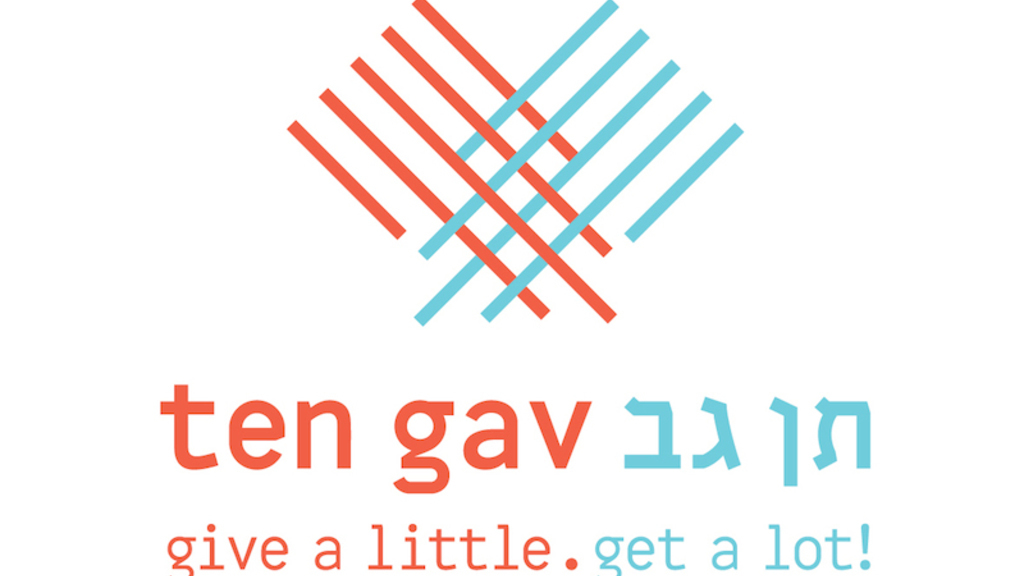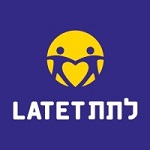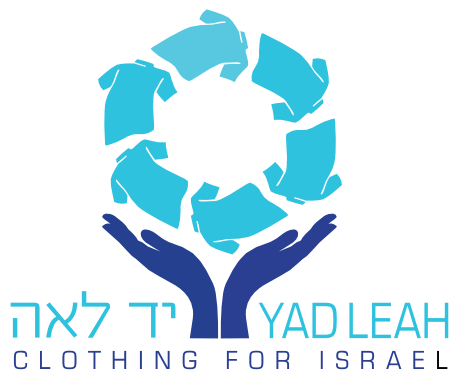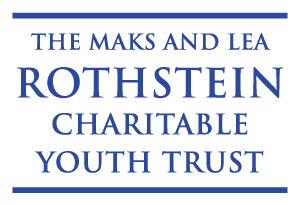Divrei Torah: Simple Hakarat Hatov
The ability to live in a country where we can be Jews freely requires from us as Jews, at the very least, simple gratitude.
Many years ago, while living in the US, I had a wonderful neighbor, a rabbi, who would be considered “haredi” even according to Israeli standards.
His mode of dress, speech and the manner in which he raised his children would be acceptable in any neighborhood of Jerusalem, Bnei Brak, Beitar Illit or Kiryat Sefer.
Each and every July 4th, this neighbor would adorn his home with an American flag of such proportions that even the sports stadiums were envious.
Upon first witnessing this display, I complimented (not without a bit of cynicism) my neighbor on the degree of his patriotism.
His reply was to chastise me for not flying my own flag (of any size) and to set the record straight. He said: “I grew up in a neighborhood populated by immigrants. Although my own parents were born in the US, as religious Jews they appreciated the freedom granted to them to live as Torah observant Jews without persecution or prejudice. Don’t take things for granted. Who runs the government doesn’t matter. The ability to live in such a country requires from us as Jews, at the very least, simple hakaras hatov (appreciation).”
While not inspired to run out and buy a flag, his words did give me additional insight into hakaras hatov.
Several years later, our family merited to realize our dream of aliyah (immigration to Israel). While always having an appreciation for the modern miracle of the Jewish state, actually living here elevated it to something much more personal. Without question the fifth of [the Jewish month of] Iyar took on new meaning.
Our observance of Yom Ha’atzmaut (Independence Day) included, among everything else, displaying a flag.
Several weeks later, on Erev Shavuot (the day before the Holiday of Weeks), I was surprised to receive a phone call from our former neighbor. By that point we had been in Israel for almost a year and I had not heard from him. After some pleasantries, he asked about my wife and children and how we were adjusting.
Then came the question that I most certainly wasn’t expecting….
“Did you celebrate that day (the fifth of Iyar)?”
I replied “of course.”
“With a flag?”
“Yes, a real big one!”
At that point he gently berated me for giving credence to the “anti-Torah state” and all the implications of what “that flag” represents. “As a yeshiva educated rabbi how could I give any legitimacy to such a state,” etc.
I waited for him to finish and replied as follows:
I told him that “I had learned from the best” about having appreciation for living in a “medina shel chesed” (a benevolent country). I relayed to him that I was grateful to be able to live not only in a land of Jews but the land of the Jews, our eternal homeland as promised to us by God Himself.
He heard from me that there has been no greater state-sponsored support of Torah growth and Judaism in our history. I reminded him that for 2,000 years we have prayed for the return to this land and by the Grace of Hashem (G-d) we are here. Shabbat and Jewish holidays are recognized by the entire population in some degree and we don’t feel self conscience when wearing a kippa or doing mitzvot in public.
My former neighbor heard that with all of the financial and material challenges, there is no better place to live and to grow as a Jew.
I ended our conversation with the wishes for a chag sameach (happy holiday) and a verbatim quote. A quote that I heard once before… from him. A quote that I think left him, for the first time in many years of friendship, utterly speechless…
“Don’t take things for granted. Who runs the government doesn’t matter. The ability to live in such a country requires from us as Jews, at the very least, simple hakarat hatov.”
View article in original publication


